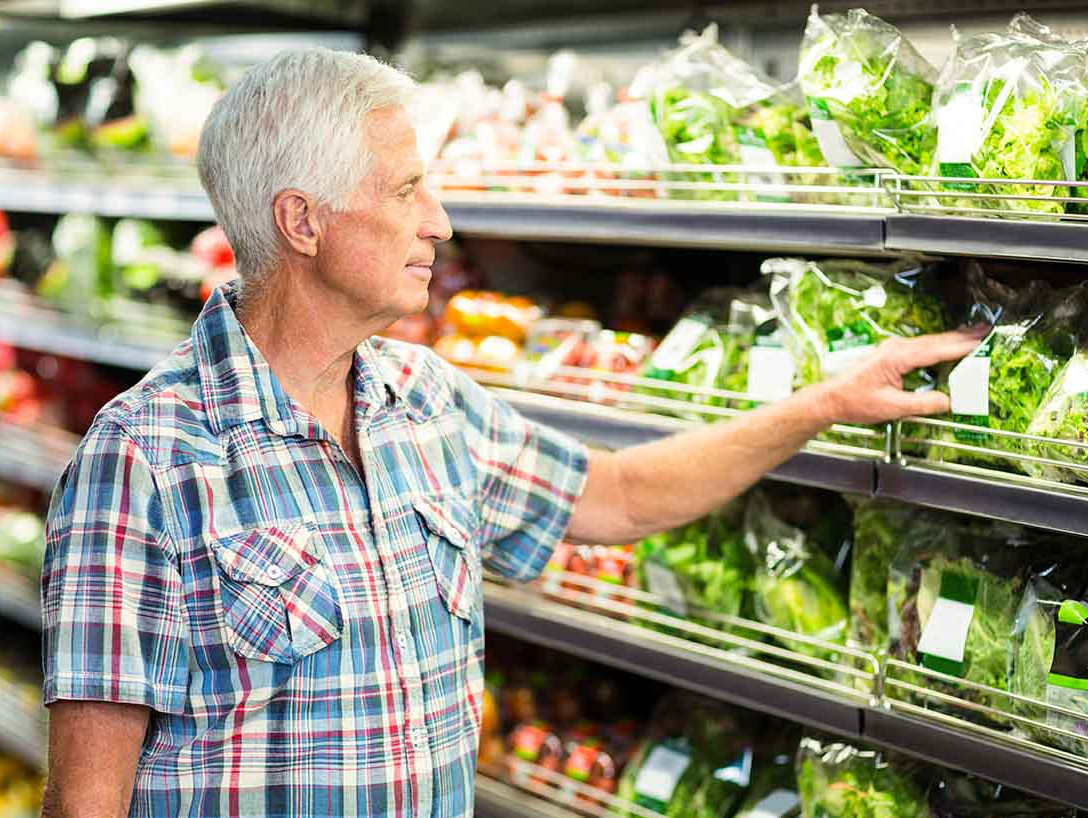
Consumers, often out of habit, remain hesitant when it comes to opting for organic food, as revealed by a recent consumer study conducted by the Ministry of Agriculture, Nature, and Food Quality. Factors such as habitual behavior, self-perception, and social norms prove influential in consumer purchasing decisions, alongside the price-quality ratio of the product.
Consumers develop routines and habits during their shopping, making it challenging to alter their behavior. The research indicates that price also plays a role in the choice of organic products, particularly for specific items like milk and potatoes. While a majority of consumers claim to occasionally purchase organic products, only a small percentage does so frequently or consistently.
Self-perception is also a factor; consumers contemplate whether buying organic food aligns with their current image and self-perception. Minister Adema emphasizes that changing habits is a complex process, and supermarkets play a crucial role in influencing consumer behavior.
Consumers who abstain from buying organic products often perceive the higher costs as unjustified. They find the benefits of organic products not compelling enough. The organic certification, backed by a legal foundation for monitoring the entire production chain, is considered a significant element. The government sees it as its responsibility to better explain the benefits of organic production, such as the use of natural pesticides and improved living conditions for animals in organic farming.
The elevated costs of organic products stem from a responsible and smaller-scale production method. It is understandable that not everyone purchases organic products when they are pricier than non-organic alternatives. Minister Adema emphasizes that an increased demand for organic products can diminish the price difference, making organic variants more accessible to a broader audience.
As part of the "Organic Action Plan," the ministry aims to make organic farming an integral part of the food market. Financial incentives and collaboration with stakeholders, including supermarkets and farmers, are focused on expanding the supply and stimulating demand for organic products. The goal is to have 15% of agricultural land dedicated to organic farming by 2030. The Motivaction research, titled 'Consumer Behavior Study on Organic Purchasing,' serves as the foundation for a comprehensive communication campaign and is integrated into the ministry's initiatives for further development of the organic food market.
Source: Ministerie van LNV